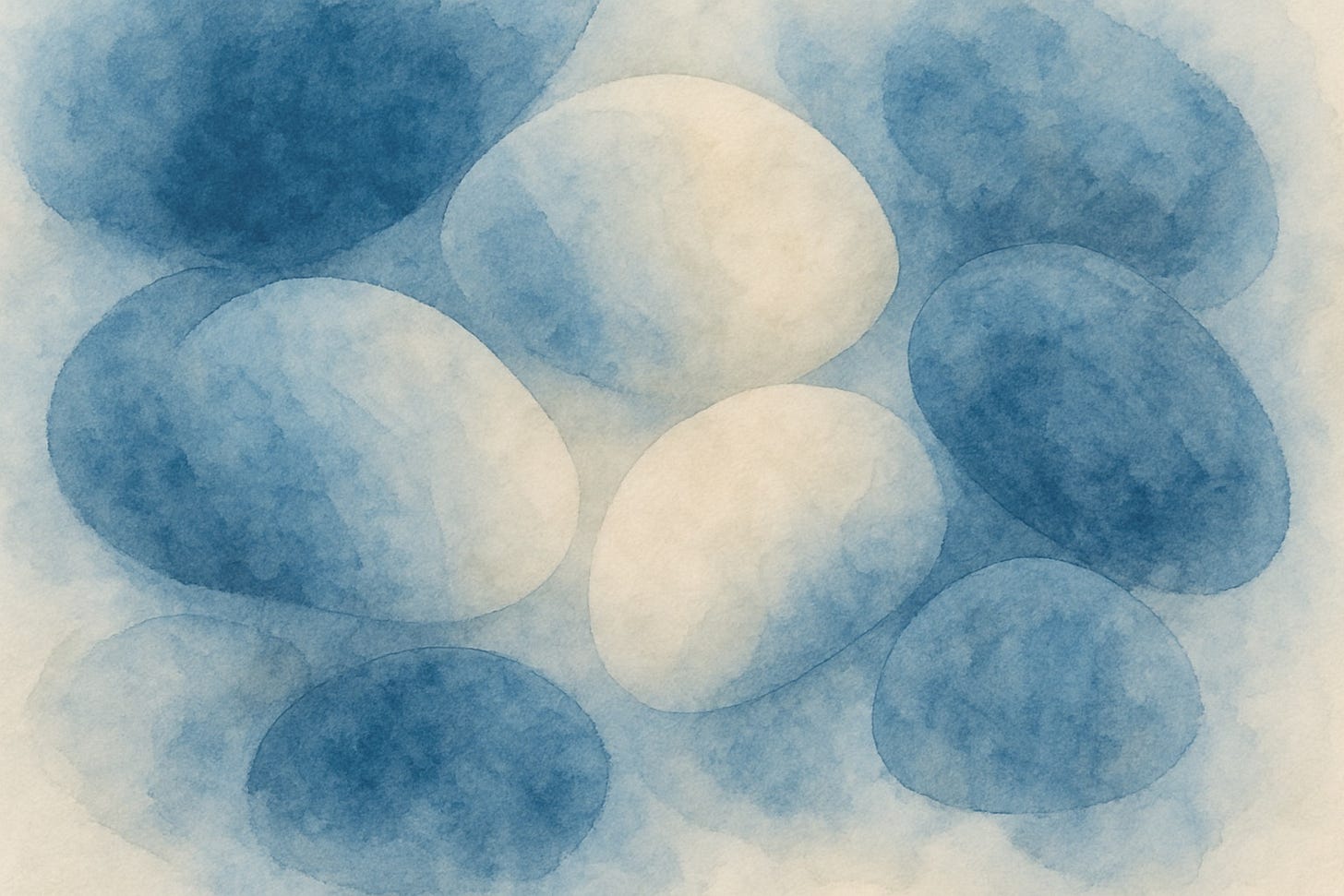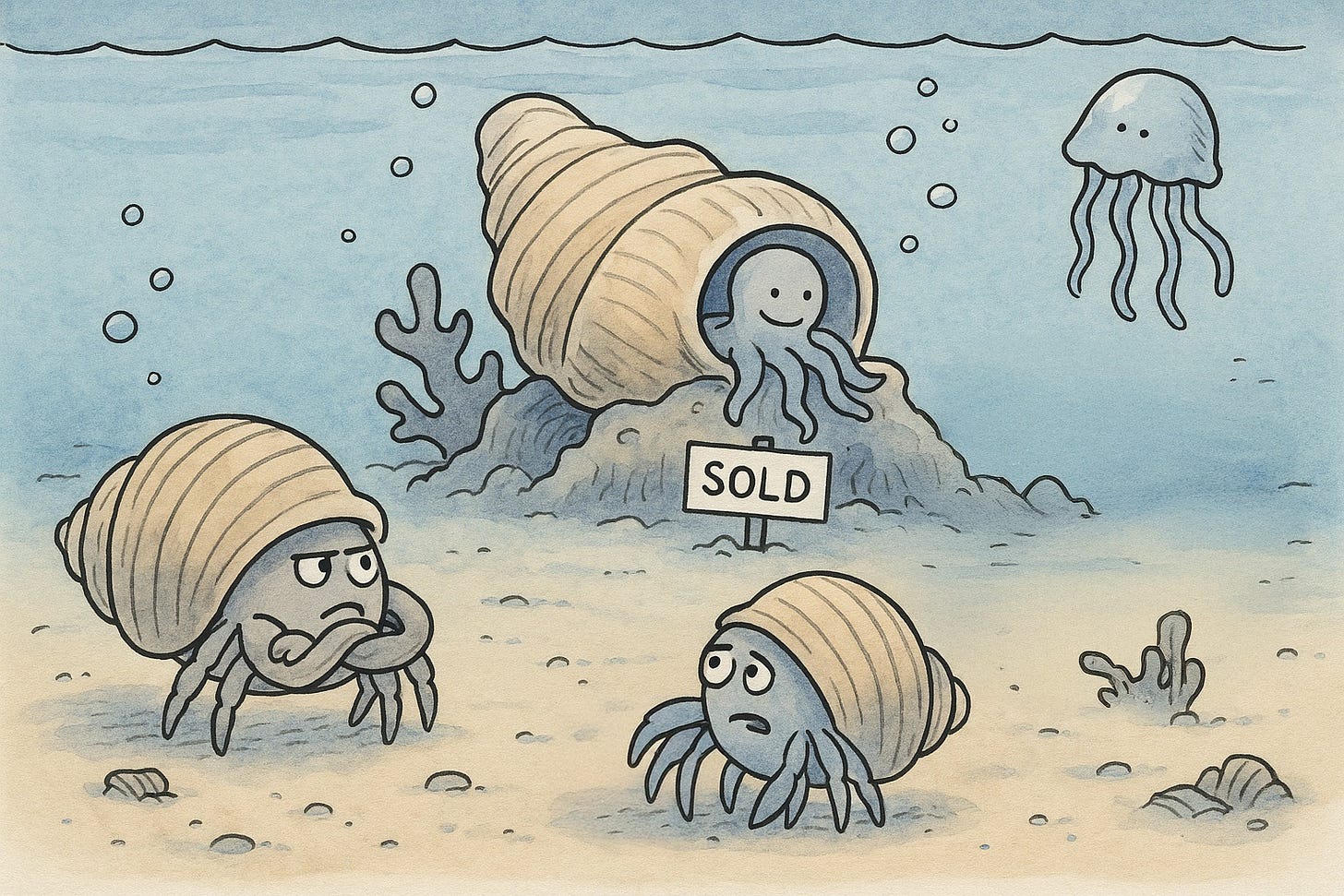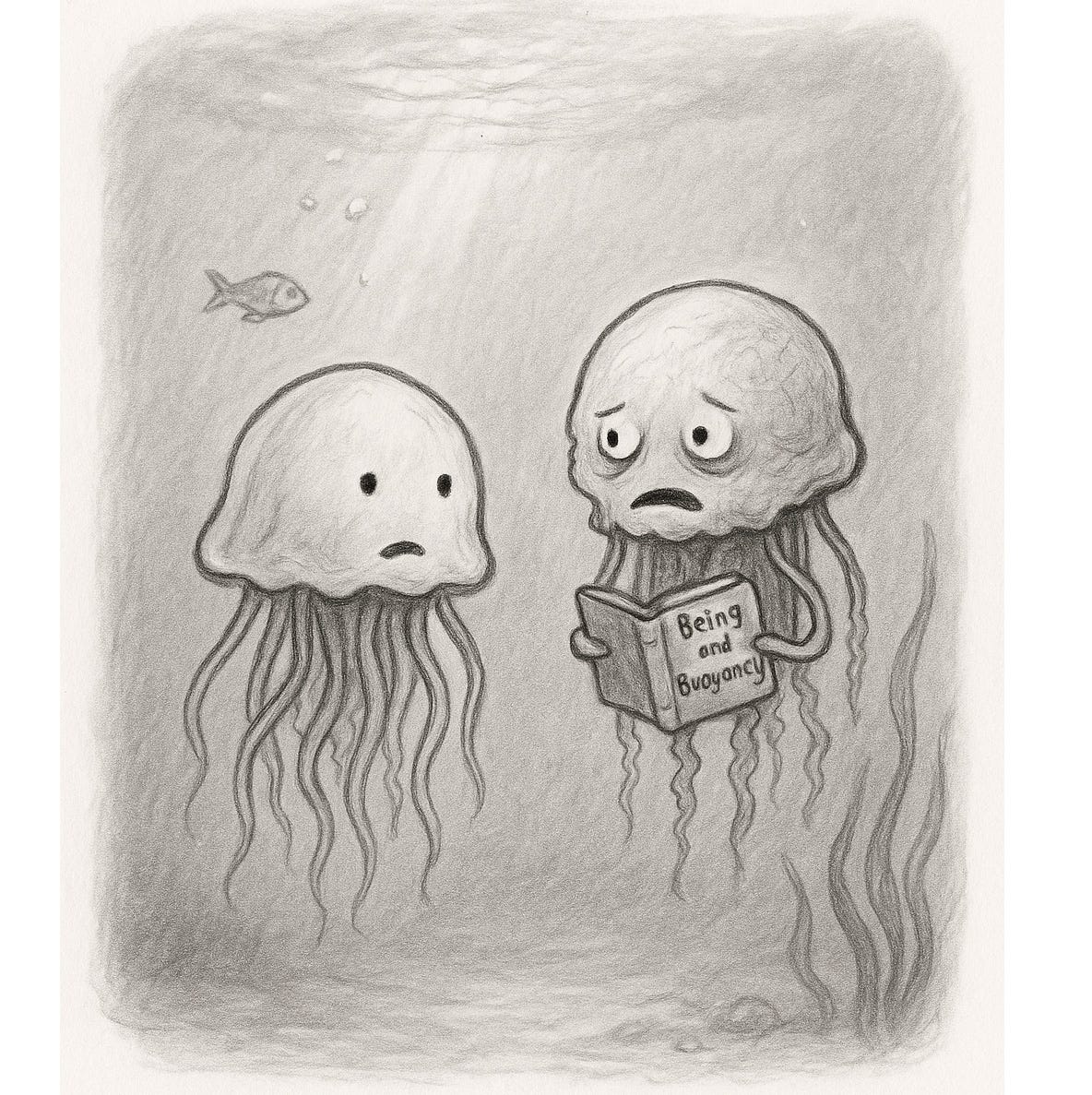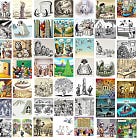Sunday E-dition: Finding Common Ground
By Glenda Winders
Of all the great thinkers I read about and discussed in college, Carl Rogers is the one who has stayed with me these many years later and who has had an actual influence on my everyday life. He was a psychologist and proponent of “cooperative rhetoric,” which prioritizes empathy, mutual respect and understanding over winning an argument, seeking to find common ground and solutions with so-called adversaries.
When I became a teacher myself, I often used his techniques with my students. One of the exercises was to have them argue one another’s point of view. Another was to look directly into each other’s eyes as they spoke with a shared desire to seek answers, not antagonism.
Rogers came to mind a few weeks ago when I was invited to attend an evening billed as a conversation about race relations, an attempt to spread love instead of caving in to division and hate. Initially the event was supposed to be for the 120 members of the clergy who lead churches in this area, but when only 25 of them responded, the African American association that planned it opened the doors to community leaders and others who want to live in an equal and caring society. That’s when I decided to go.
Have you ever perpetrated racism?
At first, though, I was reticent. There would be a facilitator to moderate the discussion, we were told, and in my experience, this is a role that can go wrong in about a dozen different ways. There’s the guy who says, “Good evening,” and then when the audience doesn’t return the greeting to the level of decibels he expects follows up with “I can’t hear you” until they all yell at the top of their lungs to appease him. Then there’s the guy who thinks he is way funnier than he is or jams his microphone into the faces of embarrassed people who wish they had stayed home safe and comfortable in front of their TV sets.
Dr. Eric Love (yes, his real name) was none of those things. He was kind without being saccharine and straightforward, getting to work as soon as he picked up the microphone and not wasting our time with any nonsense because he said we had too much work to do. The only housekeeping details he went over were that we would honor being in a safe space and not relate anything that was said in confidence by name to anyone outside the room.
The organizers had arranged us at tables of four or five, each with at least one person of color in the group. Dr. Love then said he was going to pose a series of questions that would increase in difficulty for us to discuss with one another.
The first one was easy: “What is your favorite dessert?” Here we go tipping into silliness, I thought, but in fact it was genius. It was a question everyone could easily answer, and it got us to be comfortable with each other and share something about ourselves without feeling vulnerable.
The next one was a bit harder: “When did you realize you were different?” I figured the Black and Latino participants and those of different sexual and gender orientations from mine would have a lot to say, but at my table the first person to speak was — me. The question caused me to remember vividly the first day of high school when other girls appeared in clothes with popular labels while mine either came from discount stores or were homemade. I hadn’t understood that my family was poor until that moment.
Next question: “Have you ever seen an incident of racism?” We all had. “Have you ever been the victim of racism?” Here the Black and Latino people had plenty to say. An engineer at our table had been repeatedly passed over for promotion at her company in favor of less-qualified men because she was both a woman and Black.
Then came one that caught us all off-guard: “Have you ever perpetrated racism?” Once again, the first person to speak at our table was me. I’ve been an ally for as long as I can remember, but on one eventful night several years ago, I was quiet when I should have spoken up.
My then-husband, a physician, had joined a practice in a new town, and I was planning to teach at the small private university there. During a visit to look for a house, we were invited to an elegant dinner at the alumni club before a basketball game where the mostly white team would be playing an all-Black school. At my table were such dignitaries as the university president, a couple of deans and professional people from out of town. As we ate the first course, one of them made a joke about serving watermelon instead of popcorn during the game.
It is when even one of those people takes issue with a microaggression that right begins to see a glimmer of a chance.
I stared at my soup. My husband held his breath, wondering what I was going to say. But if I said what I thought, would it jeopardize his position or mine before we even moved to town? If I didn’t say anything, would I leave the impression that I thought the joke was funny and was myself a racist? I stayed quiet, and later my husband thanked me for making that choice.
The marriage ended a few months later, and I never had to move to that town. Would I do the same thing in the same situation today? No, I would not. Today I would speak up regardless of the cost. We all have too much to lose if we don’t.
Indeed, I have heard Dr. Love and other Black leaders say that staying silent is the most common — and most deadly — thing people typically do. It is when people of privilege, whether because of wealth, status or color, decline to speak out that the wrong kind of assumptions take hold. It is when even one of those people takes issue with a microaggression that right begins to see a glimmer of a chance.
The evening ended with us brainstorming about what we as a group could do to make a difference in our community and what we could each do personally. Rogers would have been proud. Throughout the evening, we had treated one another with respect, listened with empathy and seen one another as individuals. When we parted company, people who had been strangers two hours earlier had given us new perspectives, and we gave one another heartfelt hugs.
The evening was one of the best I have ever spent, and I don’t think I will soon forget it. Too bad the 95 people of the cloth who couldn’t be bothered to attend will never know what they missed.
—
Glenda Winders is a novelist, freelance writer and copy editor for Napa Valley Features.
Poems of the Day
Just Think Twice
By Steve Ericson
Take heart with the art of being nice,
It begs of us to just think twice.
In self wrought swirls of sour grapes,
The thought of kindness oft’ escapes.
Think back to a time when we were young,
When words we used rolled off our tongue,
Like cardboard swords that were so real,
In backyard battles with nerves of steel.
We played hard and had our fun,
And when all was said and done,
We knew, for heaven’s sake,
The games we played were all just fake.
Today, we live a different story,
We no longer fight for love and glory.
We fight with the sword of a poisoned heart,
Polluted by noise and not the art.
At a time when we could all know better,
We fight with media in the form of a letter,
This is our right as a nation we are,
But look at the content as one from afar.
Is it hiding the heart that made us so great,
Or mocking a trust because we can’t wait,
To follow a crowd we seek to find,
That will not reflect the peace in our mind.
Now is the time to stand as a nation,
And love from within without reservation,
It’s time to take heart and not be afraid,
To face our enemies as friends to be made.
For it is in the art of being nice,
Where one day we’ll see the price,
Is ever so high to win a war,
As that we might pay for ever more.
About the author: Steve Ericson is a real estate agent with Coldwell Banker Brokers of the Valley in St. Helena. Alongside his professional work, he writes poetry that reflects on civility, personal responsibility and the challenges of modern discourse. In "Just Think Twice," Ericson invites readers to consider how empathy and restraint might help bridge divides in a fractious cultural moment.
Ericson is also a longtime advocate for mobility access and innovation. A C-7 paraplegic since 1979, he documents his design ideas and experiences at Wheelchair Journey. Additional poems and reflections can be found on his poetry page. He is also the new president of the St. Helena Historical Society.
About this poem, Steve writes: This poem embraces a few simple thoughts that rhyme. It’s part of a collection of short reflections on what it takes to help the world get along a little better — offering a gentle nudge toward perspective and empathy. Even for readers who don’t usually pick up poetry, the hope is that something here might prompt a pause, a moment of clarity or a better way forward.
Are you a poet, or do you have a favorite piece of verse you'd like to share? Napa Valley Features invites you to submit your poems for consideration in this series. Email your submissions to napavalleyfeatures@gmail.com with the subject line: "Poem of the Day Submission." Selected poets will receive a one-year paid subscription to Napa Valley Features (a $60 value). We can’t wait to hear from you.
Today’s Caption Contest
Pick your favorite caption or add your own in the comments below.
Possible Captions:
“No wonder we got outmaneuvered. That octopus can open jars in her sleep.”
“Don’t blame me — they somehow got flood insurance.”
“Apparently cephalopods get better rates with all their flexibility.”
“We lost to the octopus — waived inspection, paid in clams, signed in ink.”
“I told you we should’ve made an offer during low tide.”
Last week’s contest results
In “Sunday E-dition: Family Matters,” the winning caption was, “Water? What’s water?” with 29% of the votes.
“Turns out, the tide within is the hardest to navigate.”
“Heidegger never had to deal with current anxiety.”
“I’m too self-aware to bob naturally.”
“Water? What’s water?”
“I'm not sure if I’m suspended... or just avoiding commitment.”
Last Week
Sasha Paulsen shared “Family Matters,” a humorous reflection on cross-cultural travel, family dynamics and the chaos of group adventures. Paulsen recounted a road trip through Wales with her daughter, son-in-law and four spirited French sisters whose antics included elevator mishaps, apple theft and an incident involving public urination that shocked a local launderess. Despite language barriers, narrow roads and sibling rivalries, the trip offered moments of camaraderie and absurdity. Paulsen contrasted the experience with her own close-knit family and questioned how her American sisters might fare on such a journey. The piece blended affection and exasperation in exploring the joys and trials of familial bonds on the road.
We learned of the passing of Carl Doumani, the outspoken vintner and entrepreneur behind Stags’ Leap Winery and Quixote, in “Napa Legend Carl Doumani Dies at 92.” Doumani was known for restoring the historic Stags’ Leap estate, engaging in a yearslong legal battle over its name and championing petite sirah when the most favored wine was cabernet. He later launched Quixote, featuring a winery designed by Austrian artist Friedensreich Hundertwasser, and helped introduce mezcal to American markets. Friends and family remembered him as brilliant, unpredictable and deeply generous. His contributions left an indelible mark on Napa’s wine landscape.
Tim Carl reported in “Food Insecurity in a Land of Plenty” on the mounting strain facing Napa County’s Food as Health program, which distributes fresh produce to hundreds of families each month. The initiative, run by the Mobile Health team and funded in part by a county grant through 2026, has seen surging demand and diminishing supplies. Community leaders stressed that future funding is uncertain, and the closure of a local food bank has only intensified need. Calistoga Cares Food Bank, another key provider, is also struggling with rising costs and reduced external support. To raise funds, the St. Helena Hospital Foundation planned its Neighborhood Table event this spring.
Mike Lecours offered practical advice for tomato growers in “Use These Tips to Help Tomatoes Thrive,” guiding Napa Valley gardeners through selecting varieties, planting techniques and ongoing care. Lecours emphasized choosing between determinate and indeterminate types, explained proper planting depth to encourage root growth and warned against inconsistent watering, which can lead to cracked fruit or disease. He recommended mulching, container gardening for limited sun exposure and waiting to fertilize until fruit sets. The column also promoted local gardening events and resources for further support. Lecours wrote from his experience as a UC Master Gardener of Napa County.
Kathleen Scavone reported on a rare encounter in “A Rare Sighting of Piebald Deer,” where she observed a herd of unusually colored black-tail deer near the Napa-Lake County border. Piebald deer, which display white patches due to a recessive genetic mutation, are seldom seen and not tracked by wildlife officials, though sightings have occurred in Napa, Sonoma and Sacramento counties. Scavone consulted the California Department of Fish and Wildlife to understand the genetics and ecological role of these animals, emphasizing their keystone species status. The article also highlighted the deer’s seasonal behaviors, threats they face and the importance of not interfering with wildlife. Scavone concluded with a reminder of nature’s daily surprises and the value of observation.
Rubi Pelayo, with contributions from Charlotte Hajer, explored strategies for emotional well-being in “Stress Awareness Month – Building Resilience in a Fast-Paced World.” The column examined how chronic stress impacts physical and mental health and emphasized the importance of distinguishing harmful stress from helpful pressure. Pelayo outlined practical ways to manage stress, such as setting boundaries, embracing rest and building resilience through support networks and self-compassion. The authors also challenged societal norms that equate productivity with self-worth. The piece encouraged readers to redefine success and give themselves permission to slow down.
Tim Carl previewed the upcoming screening of the Icelandic film “Odd Fish” at the Jarvis Conservatory in his article “Weekender Encore: Icelandic Dramedy 'Odd Fish' Surfaces at Jarvis Conservatory.” Directed by Snævar Sölvason, the film tells the story of two friends navigating a personal revelation and evolving identities within the confines of a small-town seafood business. The screening is part of the International Film Showcase, co-founded by Efi Lubliner, which aims to spotlight global cinema often overlooked by mainstream theaters. Carl highlighted how the conservatory’s occasional inclusion of such films supports community engagement through diverse storytelling. “Odd Fish” will be shown May 17 at 4 p.m. and 7 p.m. in downtown Napa.
Dan Berger examined the widespread use of cold-stabilization in domestic white and rosé wines in his article “Clearly Diminished,” He argued that many wines lose some of their aromatic and flavor depth because producers prioritize visual clarity over sensory quality, chilling wines to eliminate harmless tartrate crystals. Berger traced the origins of this practice to consumer misunderstanding and market pressure dating back to the 1970s. He shared industry anecdotes and personal tastings to highlight how appearance-driven interventions can diminish wine character. Berger has covered the topic for decades, urging appreciation for wines with minimal cosmetic processing.
—


















Thanks Glenda
I wonder how the absentee clergy would have responded if the agenda had been focused on the recent declaration by Elon Musk:
"The fundamental weakness of Western civilization is empathy."
Interview with Elon Musk on the Joe Rogan podcast, Feb. 28, 2025
The question of empathy is not merely one about why can't we all just get along, as some would pose it. In the current climate, it is increasingly becoming an existential challenge for what most of us hold dear.
Thank you for a thoughtful read.
Doug
Excellent article. Thanks for sharing.